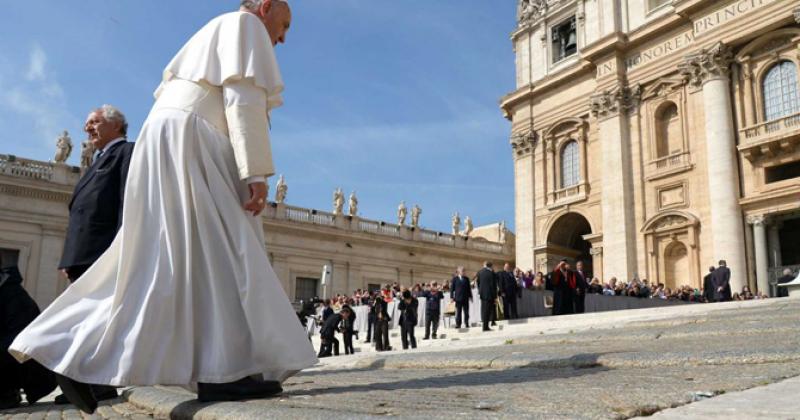Easter celebrations at the Church of the Holy Sepulcher are impressive and magnificent indeed. I returned this year to Jerusalem to perform the feast rituals after being away for 20 years, so I participated in the Easter eve prayers with the parishioners of the Franciscan Church of the Savior whose parish priest is Jordanian priest Firas Hijazin. On Easter Sunday, I prayed with the other believers at the same church, the Church of the Holy Sepulcher, as Latin Patriarch of Jerusalem Fouad Twal celebrated Mass. This natural “pride”, that overwhelmed me, was tarnished with several thoughts. Some of them are positive while the others are negative. As for the negative thoughts, I would like to mention the following three points:
First: Where is the Arab media? We do sing for Jerusalem, for its stones and its holy places. Yet, Arab media is not involved in this regard. We frequently listen to Fairouz singing for Jerusalem with the lyric by late poet Nizar Qabbani saying: “O Jerusalem, the city of prayer, our eyes reach out to you every day.” However, our pens and cameras did not reach out to Jerusalem on the day the feast of Easter was celebrated. I recall that one of the Israeli military officials had earlier posted on his Facebook account a photo of Jerusalem with a statement underneath that reads, “Our eyes reach out to you every day.’’ He was subject to several comments by Arabs which noted that he should not quote an Arabic poem on Jerusalem. Yet, the absence of the Arab media coverage, including the Jordanian, at the Church of the Holy Sepulcher makes us believe that Jerusalem needs genuine media solidarity rather than have readers and viewers get inundated with resounding speeches from afar.
Second: The absence of Arab citizens in general, and the Palestinian citizens in particular. I have felt in Jerusalem this time, more than ever before, the dominating mentality of fear. I learned that more than ten thousand permits were given to the residents of Palestine (hopefully a day will come when citizens will not need permits to be issued by any party), yet the Easter Mass was bereft of Arabs. When I asked friends from Bethlehem and Jerusalem about that, they said: “We are scared because crimes in Jerusalem are rampant. We could get into the city and might not be able to get out.” Thus, Jerusalem is experiencing excessive fear, and there is no way to be extricated from this mess. The world has shelved the Palestinian issue particularly in the wake of the statement made by the US president who is getting ready to leave the White House. He said that “there is solution to the Middle East issue in his presidency.” “World leaders” have over the past years been trying to find solutions to other Arab debacles. The Palestinian and Arab citizens have not participated in the Easter celebrations in the land reminiscent of the feast except for clergymen who are originally there.
Third: Tourism as whole has been affected. The worshippers at the Church of the Holy Sepulcher did not feel that tourism or pilgrimage were commensurate with the Holy City. What is being witnessed in Jerusalem is being observed in other holy places in Palestine as well as in Jordan. The decline in tourism is attributed to the conflagrated region which cannot get better unless the flames of violence subside in the neighboring countries, and unless the extremism, bigotry and terrorism recede or disappear. This is of course not the case at present.
The feast in Jerusalem is undoubtedly unique. However, the world’s security affairs make the Good Friday celebrations more impressive than Easter day. O Lord, take your Jerusalem from the darkness of the Good Friday to the joy of Easter Sunday.
